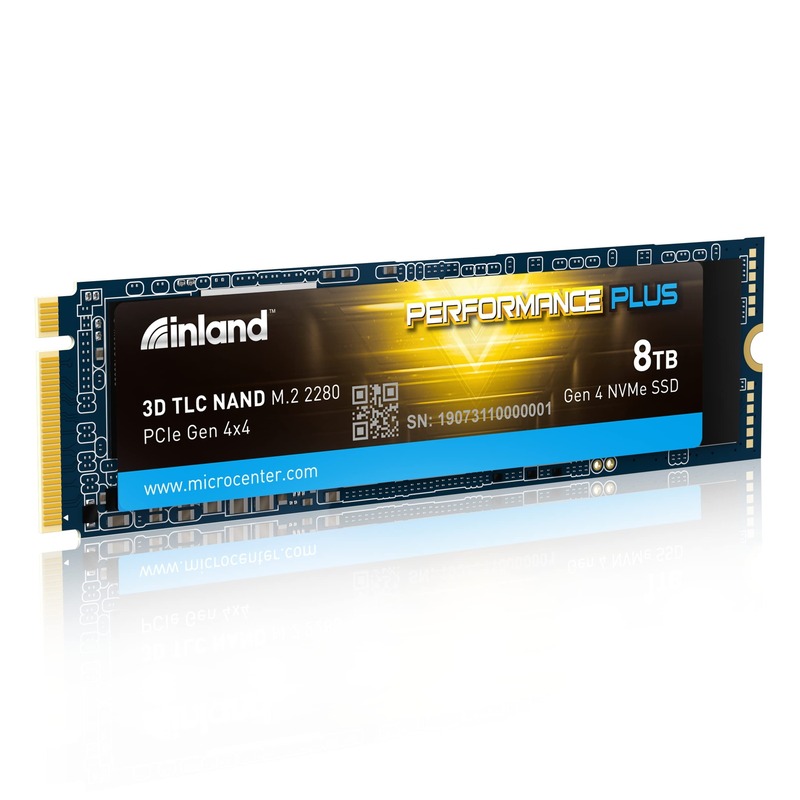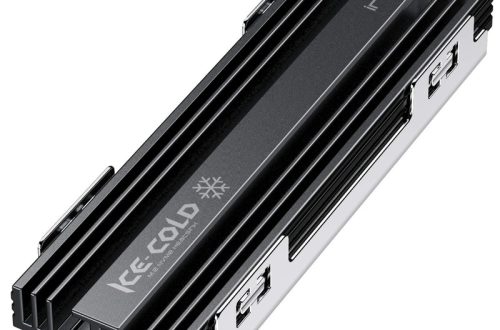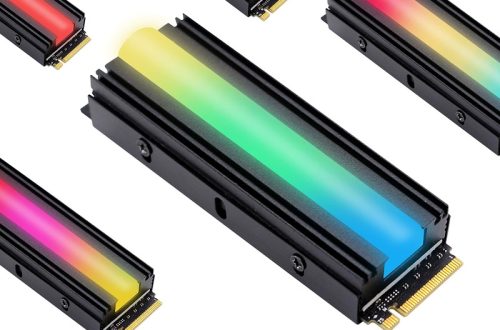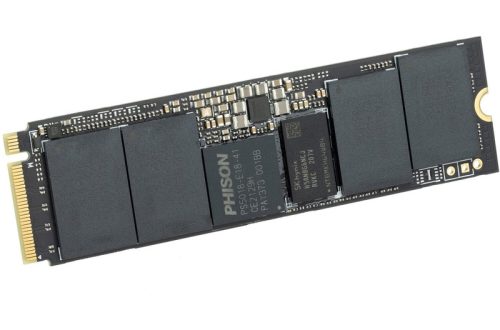Introduction to 8TB SSD Technology
Solid-state drives (SSDs) have redefined data storage standards. The arrival of high-capacity drives like the 8TB SSD marks a significant milestone. This cutting-edge storage solution provides vast space for data. It’s ideal for heavy-duty users who need extensive storage without sacrificing speed. Unlike traditional hard drives, 8TB SSDs store data on flash memory chips. This allows for quicker access to files and programs. Furthermore, 8TB SSDs offer a leap in performance and reliability. They have no moving parts, which means a lower risk of mechanical failure. With 8TB SSD technology, users experience faster boot times and more efficient data transfers. In this section, we’ll dive into the core aspects of 8TB SSDs. We’ll discuss how they work, their benefits, and why they are an investment for the future. Space and speed come together in the 8TB SSD, making it a powerful tool for data management.
Advantages of 8TB SSDs Over Traditional HDDs
When it comes to storage solutions, 8TB SSDs have several advantages over traditional hard disk drives (HDDs). Firstly, SSDs, including those with an 8TB capacity, are much faster. They reduce system boot-up times and accelerate data access. This speed is due to the lack of moving parts, which also contributes to better durability.
Another benefit is reliability. Without mechanical parts, 8TB SSDs are not prone to the same wear and tear that affects HDDs. This means fewer chances of failure and lost data. Also, SSDs operate more quietly and use less power, which leads to a cooler and more energy-efficient system.
Moreover, the size and weight of SSDs make them ideal for laptops and compact systems. They take up less room and are lighter, making them perfect for mobile computing. And with 8TB SSDs, users enjoy a massive storage capacity without needing multiple drives or compromising on portability.
Finally, while the upfront cost may be higher for 8TB SSDs compared to HDDs, they offer a long-term investment. Their durability and efficiency can result in lower total cost of ownership over time. Improved performance, reliability, and reduced power consumption are advantages that can outweigh the initial price difference.
In summary, the leap from traditional HDDs to 8TB SSDs offers a transformative experience in computing, blending high capacity with speed and reliability in a single drive.
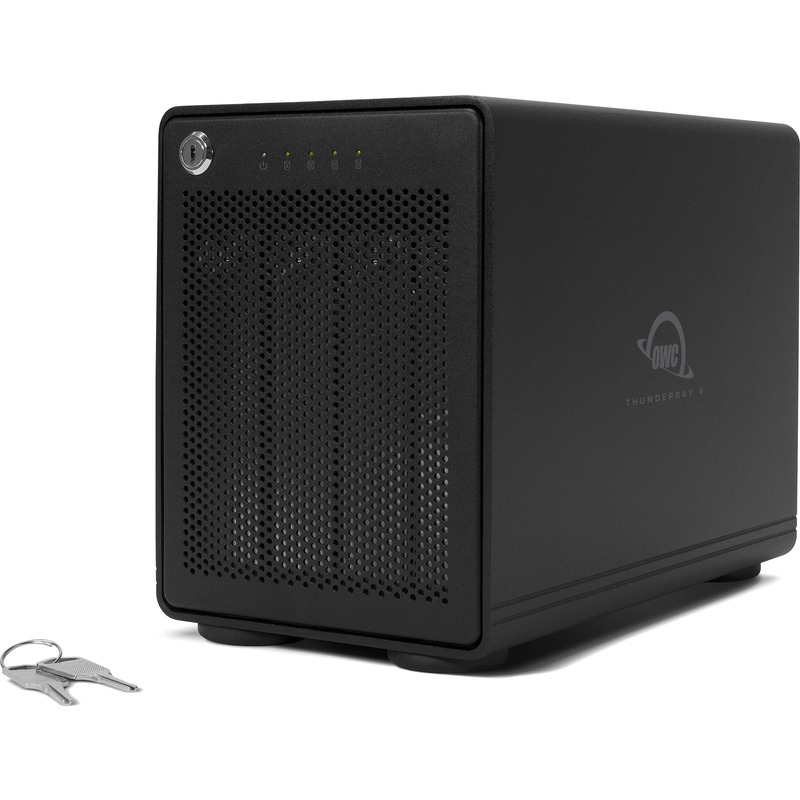
Best Use Cases for 8TB Solid-State Drives
8TB SSDs shine in situations demanding high storage and speed. Ideal for professionals in creative fields like video editing, they store hours of 4K footage with ease. Gamers too benefit, gaining smooth performance and vast game libraries. In the realm of business, these drives are assets for data centers and servers. They handle large databases and user requests quickly and reliably.
For tech enthusiasts, a single 8TB SSD reduces clutter of multiple drives. It’s a space and energy saver. Scientific research, involving huge datasets, also sees gains in efficiency. Big data analysts find these SSDs crucial for rapid processing of massive data volumes.
In summary, the best use cases for 8TB SSDs are diverse. They cater to professionals seeking performance, businesses needing reliability, and individuals favoring convenience.
Top 8TB SSDs in the Market
Choosing the right 8TB SSD can be challenging with many options available. Here, we highlight some top 8TB SSDs that stand out in the market. These drives offer reliability, speed, and capacity, suitable for both professional and personal use.
- Samsung 870 QVO: Known for fast read and write speeds, this SSD is a go-to for many users. It delivers consistent performance and comes with Samsung’s trusted name.
- Crucial MX500: This drive offers great value with solid performance and durability. Its impressive write endurance ensures it can handle heavy workloads.
- Corsair MP510: Gamers and creative professionals prefer this SSD for its high speeds and compact form factor. It’s built to last and provides remarkable performance.
- WD Black SN750: With its NVMe interface, this SSD targets users needing top-tier speeds for large file transfers. It’s ideal for high-performance PCs and gaming rigs.
- Seagate FireCuda 520: Well-suited for gamers, this SSD excels in speed and reliability. It also has a heat sink to maintain performance under intense conditions.
These 8TB SSDs cater to different needs but all ensure a significant boost in system efficiency. It’s crucial to review each drive’s specifics to make an informed decision that aligns with your computing requirements. Speed, durability, and capacity are key factors to weigh when selecting your 8TB SSD upgrade.
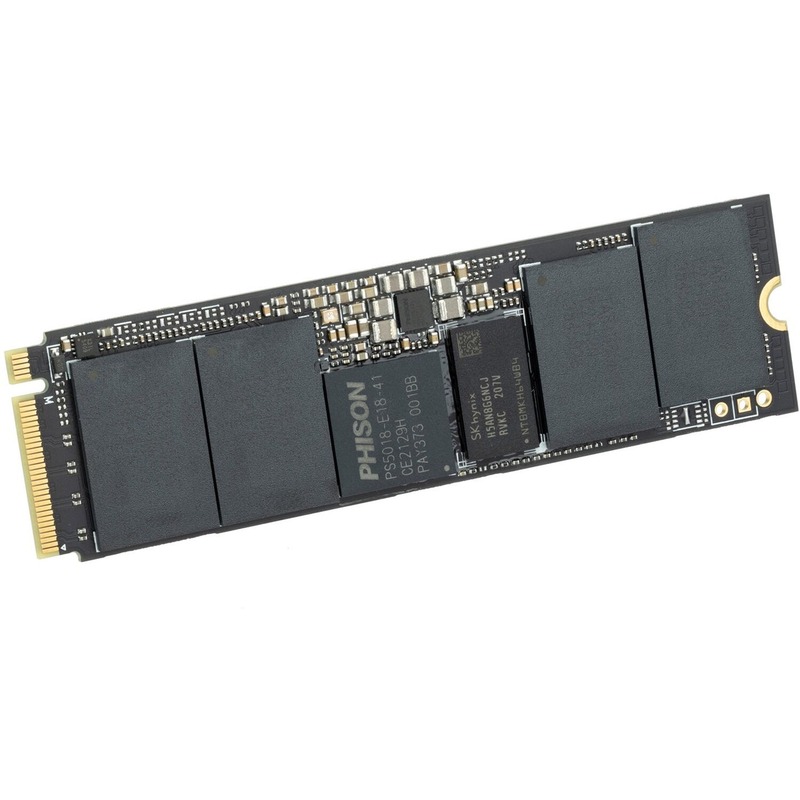
Considerations Before Upgrading to an 8TB SSD
Deciding to upgrade to an 8TB SSD requires careful thought. Reflect on several factors before making the leap. It’s not just about adding space; it’s about enhancing your entire computing experience. Consider your current and future storage needs. Will 8TB be sufficient, or might it be overkill? Analyze the types of files you handle. Do they demand fast access and large space, like video projects or extensive game libraries?
Next, look at compatibility. Check if your system supports an 8TB SSD. Some older models might not work with such high-capacity drives. Upgrading could also mean you’ll need to rethink your backup solutions. The larger the drive, the more data you stand to lose in a crash. Ensure you have a reliable backup strategy in place.
Also, factor in the cost. While prices are dropping, an 8TB SSD is still a significant investment. Weigh the benefits against the expense. Will the performance boost and time saved justify the outlay? Consider if your current workload demands such an upgrade. If not, a smaller capacity SSD may be more cost-effective.
Reflect on your system’s other components as well. Will they match the speed of the 8TB SSD? There’s little point in a fast drive if the rest of your computer can’t keep up. Your processor and RAM also play crucial roles in overall performance.
Lastly, read reviews and benchmarks. Look for real-world tests of the 8TB SSDs you’re interested in. This will give you a better idea of the drive’s performance. Seek feedback from others who made similar upgrades. Learn from their experiences to avoid common pitfalls.
In summary, think about your storage needs, system compatibility, cost, computer specs, and research before upgrading. An 8TB SSD is a powerful tool, but it should fit your requirements to be a worthwhile investment.
How to Optimize Your System with an 8TB SSD
Optimizing your computer with an 8TB SSD boosts performance significantly. Here’s how to get the most out of it:
- Clean Install Operating System: Start fresh by installing your operating system on the 8TB SSD. This removes clutter from previous setups.
- Migrate Essential Data: Move your most-used programs and files to the SSD. This ensures quick access to important data.
- Regular Maintenance: Keep your SSD at peak performance with regular cleanups. Use built-in tools to defragment and optimize drives.
- Enable TRIM: TRIM tells your SSD which data blocks are no longer in use. This helps maintain optimal processing speeds.
- Adjust Power Settings On laptops, change power settings to ‘High performance’ to fully leverage the SSD’s speed.
- Update Firmware: Manufacturers often release firmware updates. These can improve drive performance and stability.
- Fine-Tune Settings: Disable unnecessary services that run on startup. This frees resources for more critical tasks.
- Manage Storage Space: Even with 8TB, avoid filling up the SSD. Keep at least 10-15% free to ensure good performance.
By following these steps, the 8TB SSD will transform your system into a highly efficient workspace.
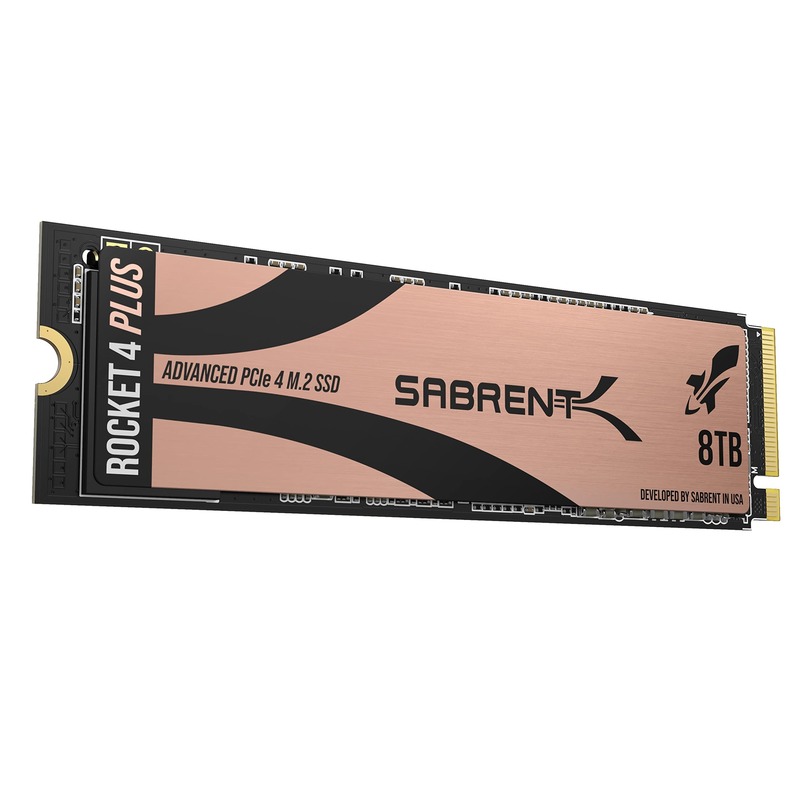
Future of Large Capacity SSDs and What’s Next
The journey of SSDs is far from over. Looking ahead, we see a horizon where large capacity SSDs, like the 8TB model, pave the way for even more robust data solutions. The future of large capacity SSDs is marked by several exciting prospects:
- Increased Capacity: Industry leaders are pushing boundaries beyond 8TB. Future SSDs might offer capacities that rival data centers today.
- Enhanced Speed and Efficiency: With advancements in technology, newer SSDs will likely provide even faster data transfer rates. This means quicker access to vast amounts of data.
- Improved Durability: As SSD technology evolves, so does their ability to resist wear and tear. Future SSDs could guarantee longer lifespans, making them more reliable over time.
- Lower Prices: High demand and technological strides often lead to reduced costs. Eventually, large capacity SSDs will become more affordable for the average user.
- Smarter Software Integration: Software that optimizes how data is stored and accessed on SSDs is likely to improve. This will allow users to get the most out of their storage without manual tweaks.
- Portability and Compact Design: Innovations might lead to even smaller SSDs. This would benefit mobile computing, allowing large capacity drives in even slimmer devices.
These advances promise to open up new possibilities for personal and professional data management. Whether you’re a content creator, a data analyst, or just someone who loves tech, the future of SSDs is geared to enhance your digital life.
Conclusion: Who Should Consider an 8TB SSD
When considering a storage upgrade, an 8TB SSD stands out for certain users. Let’s pinpoint who can benefit most. First are professionals in video editing and graphic design. For them, space and speed are critical. Next, hardcore gamers. They need quick load times and vast storage for games. Businesses handling big data also gain from 8TB SSDs. They provide rapid access to large databases.
Tech enthusiasts seeking a tidy setup should look at 8TB SSDs. They simplify systems with one high-capacity drive. Moreover, scientific researchers find these drives ideal for managing large data sets. Lastly, those looking at future-proofing their tech will see the 8TB SSD as a smart choice. It provides room to grow in our data-driven world.
In short, if your work involves large files or if you crave a fast, reliable system, consider an 8TB SSD. It’s an investment in speed, space, and efficiency. While not everyone needs this much storage today, those planning for tomorrow’s needs might find it the perfect fit.
